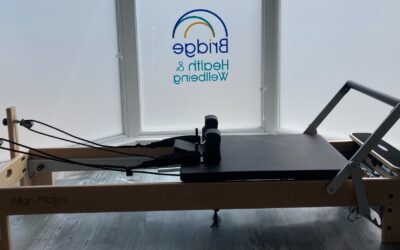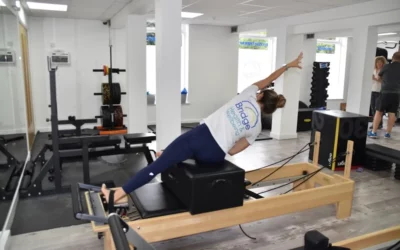The shoulder is a highly mobile yet strong and stable joint. It allows your arm to move in a number of different directions and, most importantly, perform overhead activities. The joint itself has a capsule that surrounds it and it is this capsule that is affected in Frozen Shoulder.
What is Frozen Shoulder?

Frozen shoulder or adhesive capsulitis is a condition that causes fibrosis within the joint capsule. It is initially very painful, especially at night. As time moves on, the shoulder itself becomes more and more restricted.
What causes Frozen Shoulder?
Sadly, in the majority of cases, Frozen Shoulder comes on for no actual reason. It is more common in women and the highest incidence is between people 35 and 65 years of age. There are links to conditions like diabetes, Dupytrens contracture, thyroid disorders and shoulder injuries including fractures and dislocation.
How can it be treated?
Frozen Shoulder is classed as a self-limiting condition. This means that it should resolve of its own accord. But this can take months and, in some reported cases, even years to happen. Physiotherapists can help by giving you advice around stretches and exercises to help maintain and restore your range of motion. For example, as your range of motion improves it is very important to add strengthening exercises so that function also improves. Trained physios can also provide much-needed support and reassurance about this common but painful condition.
Pain relief is very important and this can come in the form of heat, gentle mobilisation, medication and/or a TENS machine. In some cases, injections can help with the pain. In extreme cases, you may have to resort to surgery to either manipulate the joint or surgically release the capsule.
The team at Bridge Health & Wellbeing have a great deal of experience treating many shoulder conditions, including Frozen Shoulder. To speak to our physiotherapist Paul or book your physiotherapy appointment at our health and wellness centre on Bridge Street in Christchurch, Dorset, please book online or contact us on 01202 473800.

Paul O’Connell (MSC, BSC, HCPC, MCSP) is a physiotherapist with two decades of clinical expertise. He has worked right across the UK, from North Yorkshire and London to Hampshire and Dorset. Sports medicine is one of his areas of special interest: he has worked both on the touchline and in sports injuries clinics, and now lectures on the Sports Therapy programme at Bournemouth University. Having spent several years managing physiotherapy and health assessment teams in two key Nuffield Health hospitals, Paul also has an extensive understanding of orthopaedic surgery.



